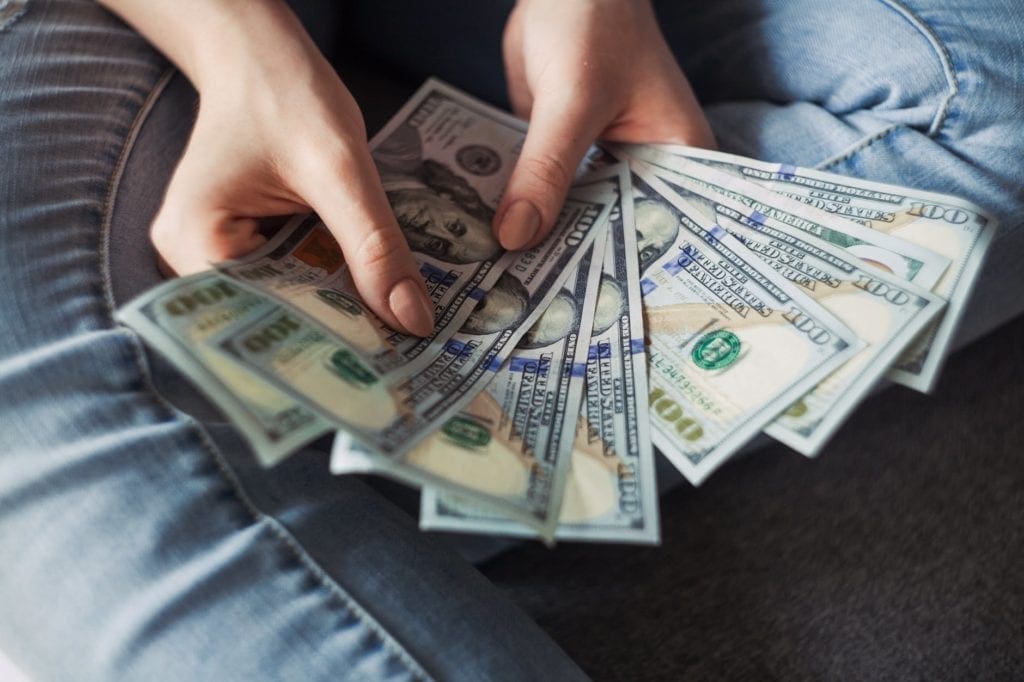With former Vice President Joe Biden as the likely 2020 Democratic presidential nominee, Americans should be expecting a great deal of lofty promises in the upcoming months. Compounded by the ongoing coronavirus pandemic, politicians will be pledging to give out all sorts of government goodies and forms of protection in these troubling times.

Although Biden has been billed as a moderate, some of his more radical Democratic colleagues’ ideas may finally be rubbing off on him. For example, increasing the minimum wage.
Although billionaire Tom Steyer had no chance of winning, one of his ideas — pushing Congress to pass a $22 per hour minimum wage — is gradually becoming more mainstream, as odd as the policy may sound. The current federal minimum wage is $7.25. Most of the 2020 candidates have embraced a $15 wage standard.
According to Pew Research polls, 67 percent of Americans support raising the minimum wage to $15 per hour. Especially in today’s environment of a global pandemic, with many people being economically displaced, such policies will likely receive high levels of support.
As Jon Miltimoe of the Foundation for Economic Education notes, however, this support plummets when the respondents are made aware of Congressional Budget Office estimates showing that a minimum wage hike would kill nearly 1.3 million jobs.
Many minimum wage proponents believe that the minimum wage is not high enough. Despite their protests, the data demonstrates that when state and local minimum wage laws are factored in, America has historically high minimum wage rates.
“Averaging across all of these federal, state and local minimum wage laws, the effective minimum wage in the United States — the average minimum wage binding each hour of minimum wage work — will be $11.80 an hour in 2019,” The New York Times reported last April. “Adjusted for inflation, this is probably the highest minimum wage in American history.”
In today’s climate of economic uncertainty, it can be understood why people desire an increased minimum wage. Housing markets in many cities have become out of reach for the working class and even growing numbers of college-educated professionals. But these dynamics merit understanding their true causes, rather than simply applying ineffective Band-Aids. When considering wage increases, it’s best to understand the role capital and productivity play in boosting wages. An increased capital stock and the boost in productivity that inevitably follows is the blueprint for wage growth, not minimum wage mandates. Minimum wage laws are notorious for causing unemployment, reducing opportunities for unskilled workers, and, in contemporary times, accelerating the shift to automation.
When legislation sounds too good to be true, we must first ask about the unintended consequences. Politicians shouldn’t be so narrow-minded when considering policies for boosting wages. There are many ways to skin a cat, and increasing productivity can be done in a manner that keeps America’s economy going while generating positive socioeconomic outcomes. Reforms from simplifying our convoluted tax code, to rolling back many of the country’s unnecessary regulations, will do more for workers than anything politicians pull out of their legislative bag of tricks.
Indeed, it’s difficult to talk about the minimum wage in the current state of pandemic. We must remember that what is right is not always popular. Further, the road to prosperity involves us instituting tough reforms. There are no quick fixes or linear paths to economic progress. But there are tried and true ways of building wealth, which include the respect of private property and letting businesses operate with as little government impediments as possible. In this way, America’s most successful businesses will be allowed to thrive and workers will end up benefiting through higher wages and better living standards. The key is the government staying out of the way.

























